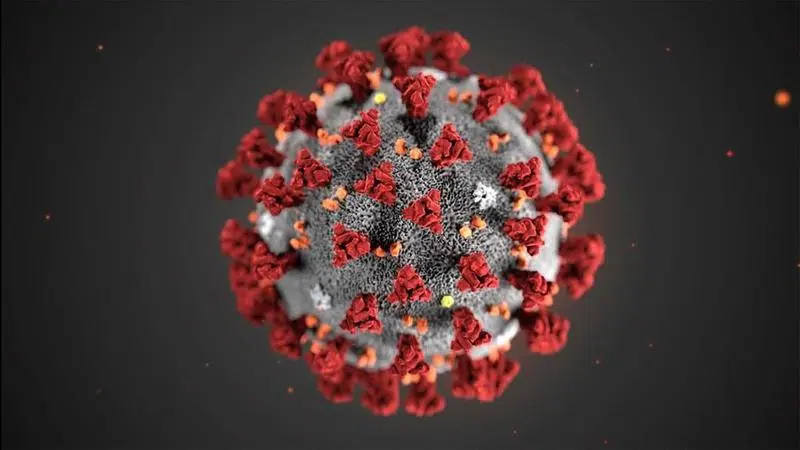
Hydroxychloroquine will be studied in Alberta as a possible COVID-19 treatment
Researchers at the University of Calgary and University of Alberta are leading a province-wide study of the effectiveness of hydroxychloroquine (HCQ) as a treatment option for COVID-19.
With support from Alberta Health Services Strategic Clinical Networks and the Government of Alberta, the Alberta HOPE COVID-19 Trial will recruit Albertans who have tested positive for the coronavirus, starting Wednesday, April 15, and treat them with the drug.
Dr. Michael Hill, a Professor of Neurology in the Department of Clinical Neuroscience at the Foothills Hospital at the University of Calgary, and co-lead of the research team, says along with accepting applicants online through Be The Cure or the HOPE COVID-19 Trial, the team will be collaborating with Alberta Health Services. When patients are contacted to be told whether they have tested positive or not, they will be asked by AHS staff if they would like to be involved in the study.
The treatment will be a five-day randomized, double-blind, placebo-controlled trial, to determine whether HCQ can prevent hospitalization for those at high risk of developing a severe illness. The drugs and placebos will be randomized in a 2:1 ratio, with two thirds of the participants receiving hydroxychloroquine. After the treatment, the research team will reach out to the patients on the seventh day, and again on the 30th day, to determine how they reacted to the drugs and whether the treatment was successful.
